Choosing the Right Security Doors: Essential Features to Protect Your Home
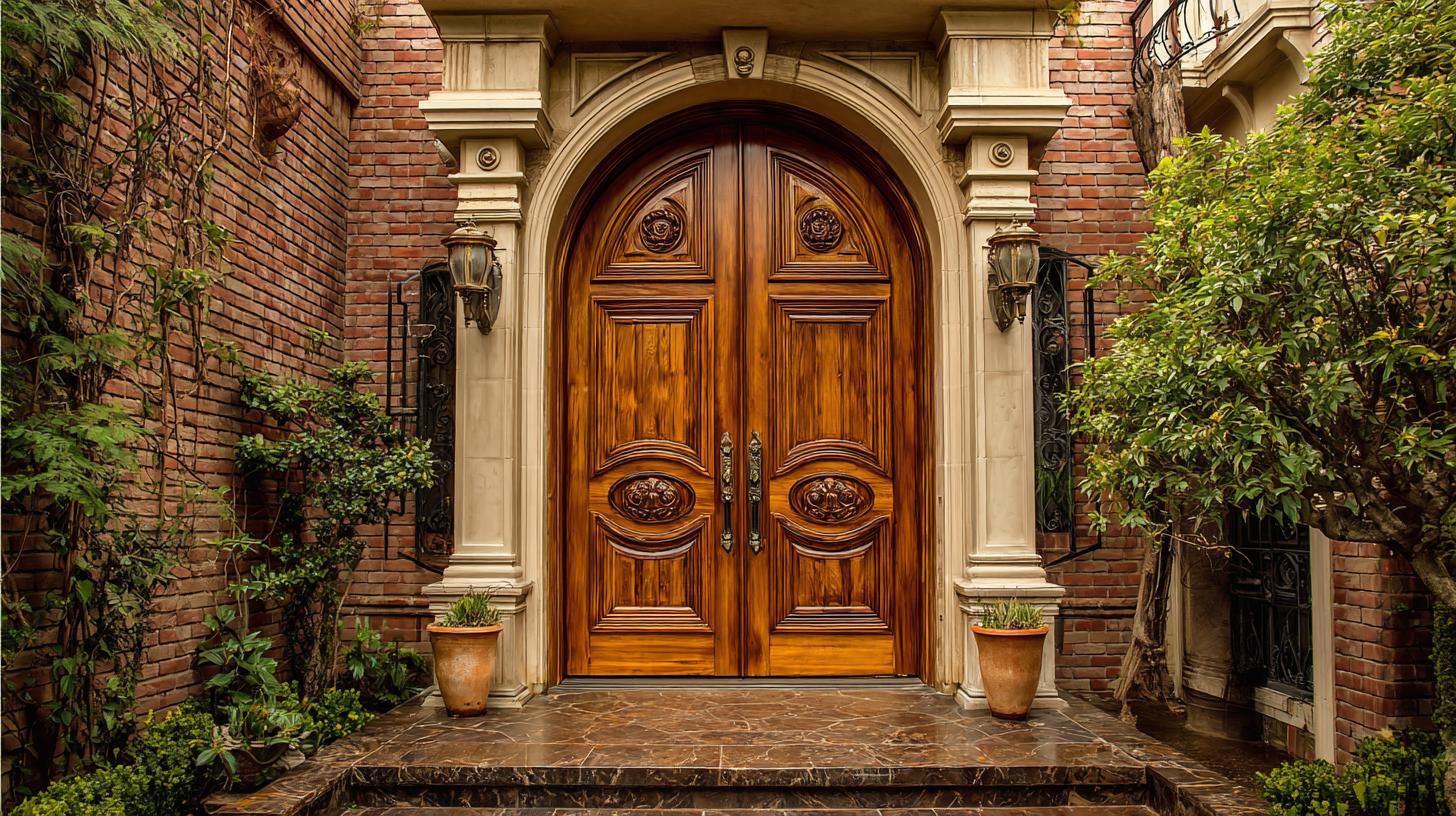 When it comes to safeguarding your home, selecting the right doors for security is crucial. Security doors not only offer a robust barrier against intruders but also enhance the overall aesthetic and value of your property. With a plethora of options available in the market, it's essential to understand which features are most effective in providing safety and peace of mind.
When it comes to safeguarding your home, selecting the right doors for security is crucial. Security doors not only offer a robust barrier against intruders but also enhance the overall aesthetic and value of your property. With a plethora of options available in the market, it's essential to understand which features are most effective in providing safety and peace of mind.
Factors such as material durability, locking mechanisms, and installation techniques all play pivotal roles in determining the effectiveness of your security doors. This guide will delve into the essential features to consider, helping homeowners make informed choices to ensure their living spaces remain protected.
Whether you're upgrading existing doors or installing new ones, knowing what to look for can make a significant difference in building a secure home environment.
Table of Contents
[Hide]
Evaluating Material Options for Security Doors: Which is Best for Your Home?
When it comes to choosing security doors for your home, the material plays a crucial role in determining the level of protection. Steel doors are often recommended for their durability and resistance to forced entry. They provide a robust barrier against both burglars and harsh weather conditions, making them a popular choice among homeowners seeking maximum security. Additionally, many steel doors come with added benefits such as insulation and fire resistance, giving you peace of mind beyond just security.
On the other hand, fiberglass doors offer a lightweight alternative while still providing considerable strength. They are resistant to dents, rust, and corrosion, making them a low-maintenance option that doesn't compromise on aesthetic appeal. With the ability to mimic wood finishes, fiberglass doors can enhance your home's curb appeal while still delivering a high level of security. Ultimately, the best material for your security door will depend on your specific needs, budget, and the look you wish to achieve.
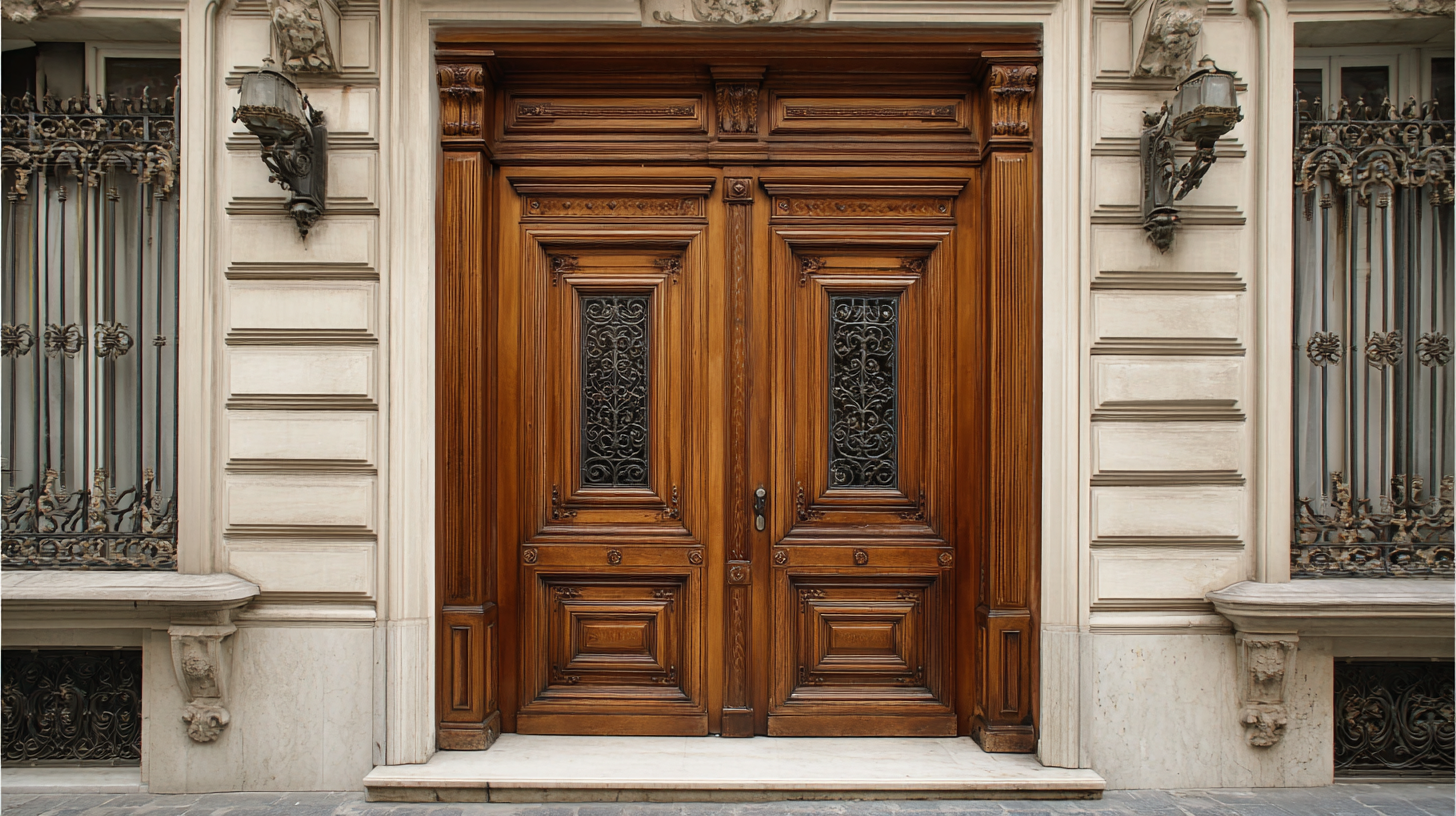
Understanding Lock Types: Key Features for Maximum Security
When selecting security doors for your home, understanding the various lock types is crucial to ensure maximum protection. Deadbolt locks are highly recommended due to their robust design, which makes them resistant to forced entry. They come in single and double-cylinder options; while single-cylinder deadbolts are convenient, double-cylinder versions offer additional security by requiring a key on both sides, making them ideal for doors with glass panels nearby.
Tips: Always opt for locks that have a certified grading from the American National Standards Institute (ANSI). These ratings indicate the level of quality and durability, providing peace of mind that your lock will withstand attempts at tampering.
Additionally, consider the smart lock option, which combines traditional locking mechanisms with advanced technology. These locks often allow keyless entry through codes or smartphone apps, offering convenience and security in one package. However, be sure to choose a model that has a backup key option in case of battery failure.
Tips: Regularly update passcodes for smart locks and integrate a secondary security measure, such as a security camera or alarm system, to enhance your home’s overall safety.
Choosing the Right Security Doors: Essential Features to Protect Your Home - Understanding Lock Types: Key Features for Maximum Security
| Feature | Description | Importance Level |
|---|---|---|
| Material | Steel or fiberglass doors are preferred due to their durability. | High |
| Lock Type | Deadbolt locks provide higher security compared to standard locks. | Very High |
| Hinge Location | Outside hinges can be vulnerable; consider security hinges. | Medium |
| Frame Reinforcement | Reinforced frames prevent forced entry. | High |
| Glass Features | Use tempered or laminated glass to resist shattering. | Medium |
Assessing Door Thickness and Frame Strength for Optimal Protection
When selecting security doors, assessing door thickness and frame strength is crucial for optimal protection. According to a report from the National Institute of Standards and Technology (NIST), a door thickness of at least 1.75 inches significantly increases resistance against forced entry. This is primarily because thicker doors are more robust, making them difficult to breach. Additionally, industry standards suggest that steel doors should have a minimum 20-gauge steel construction for enhanced durability. Such specifications indicate a door’s capability to withstand impact, rendering it a formidable barrier against intruders.
Moreover, the strength of the door frame plays an equally important role in home security. A sturdy frame, constructed from solid wood or reinforced steel, is essential to support the door and minimize vulnerabilities. The Secure Home Report highlights that improperly installed or weak frames can compromise even the strongest doors, as they can be easily pried open. To further bolster security, utilizing proper installation techniques, such as reinforcing strike plates and ensuring tight-fitting hinges, can enhance the overall effectiveness of the security door system. Investing in these features not only improves your home’s safety but also contributes to long-term peace of mind.
Choosing the Right Security Doors: Door Thickness and Frame Strength
This chart illustrates the relationship between door thickness and frame strength for security doors. As the thickness increases, the frame strength measured in PSI also increases, indicating better protection for your home.
Design and Aesthetics: Balancing Security and Curb Appeal
When selecting security doors for your home, it's essential to find a balance between security and aesthetics. A robust door should not only deter intruders but also enhance the overall look of your home. Today’s market offers a variety of designs and materials that can fit seamlessly into your home’s exterior while keeping it secure.
**Tips**: Consider opting for doors made from materials like steel or reinforced fiberglass, which offer higher security without compromising on style. You can also explore options with decorative glass panels or intricate designs that enhance the curb appeal while maintaining functionality.
Moreover, the color and finish of your security door can significantly impact your home's appearance. Choose hues that complement your home's palette but also stand out enough to convey strength and reliability.
**Tips**: Adding features such as custom hardware, like stylish handles and locks, can further elevate the design while ensuring that your security door is a focal point rather than an eyesore. Always remember to prioritize durability and security, ensuring that aesthetic enhancements do not weaken the door’s protective capabilities.
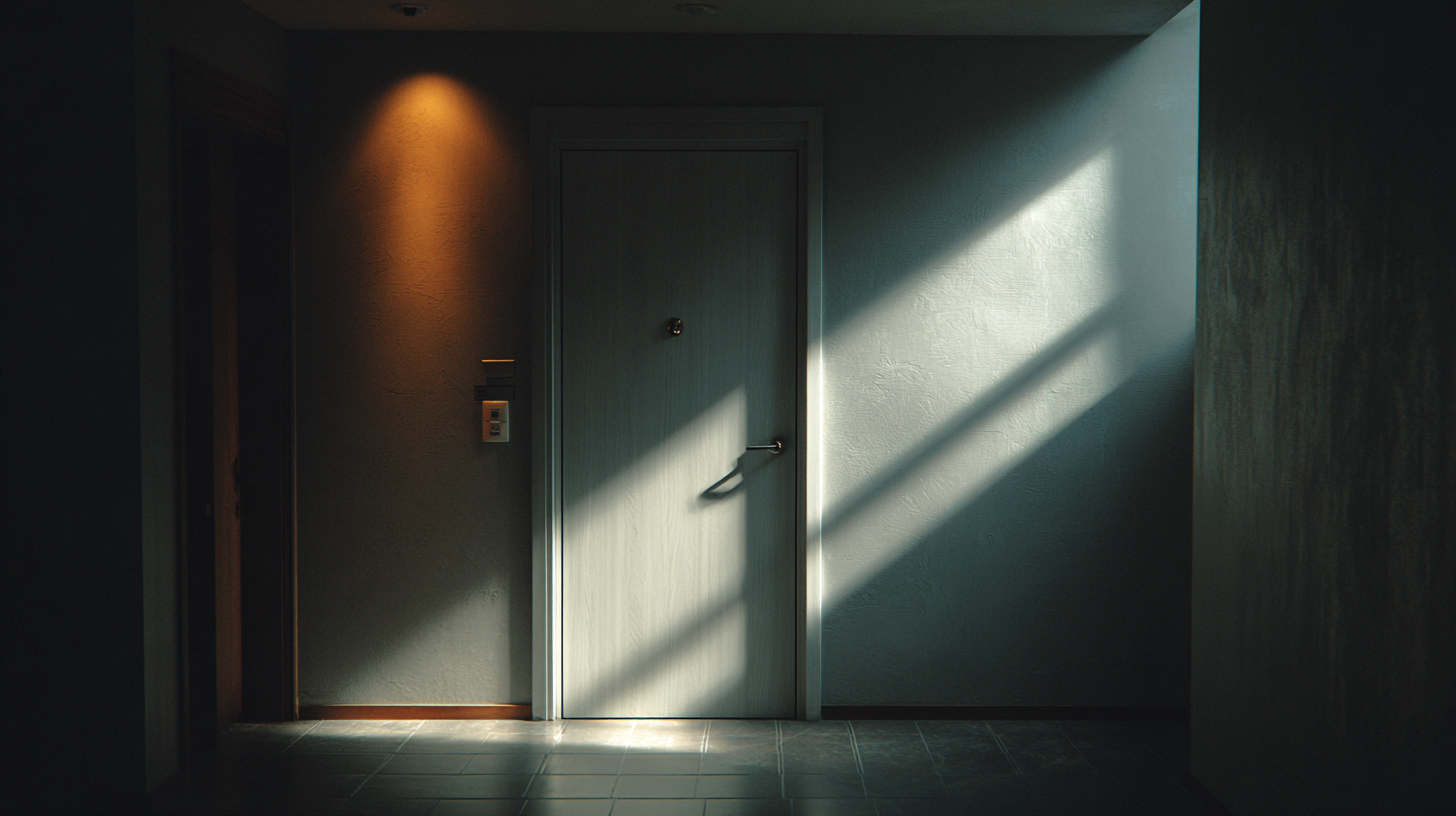
Additional Security Features to Consider: From Sensors to Reinforcements
When selecting security doors for your home, it’s crucial to consider additional security features that can enhance protection. One significant consideration is the integration of sensors, which can alert you to unauthorized entry and deter potential intruders. Motion sensors, door and window sensors, and glass break detectors can work in tandem to create a comprehensive security system. These sensors not only provide immediate alerts but can also be linked to your smartphone, ensuring you stay informed even when you're away.
Another important aspect to think about is door reinforcements. Look for doors that come with multi-point locking systems, as they secure the door at multiple points, making it more difficult for an intruder to force entry. Additionally, consider reinforced frames and impact-resistant materials, which can withstand attempts at forced entry. Installing security cameras in conjunction with these features can further enhance your home’s safety, providing real-time monitoring and recording potential threats.
By focusing on these added security measures, you can significantly bolster your home’s defenses against intruders.
Related Posts
-
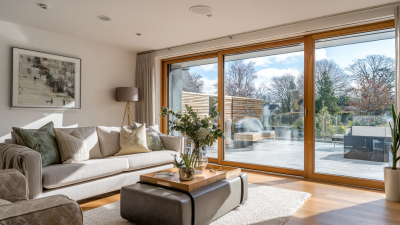
How to Choose the Perfect Sliding Doors for Your Home
-
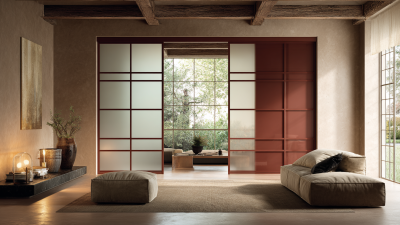
7 Best Sliding Doors for Modern Homes That Elevate Your Space
-
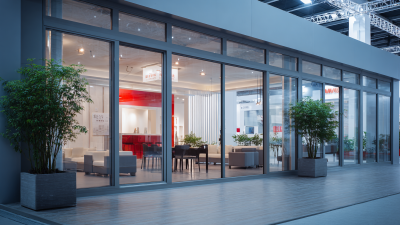
Exploring the Future of Patio Doors: Insights from the 138th Canton Fair 2025 and Market Trends
-

Ultimate Guide to Choosing the Perfect Style Windows for Your Home
-

Navigating Challenges with Sourcing French Windows for Global Buyers
-

Mastering the Art of Selecting the Perfect Sliding Doors and Windows for Your Space